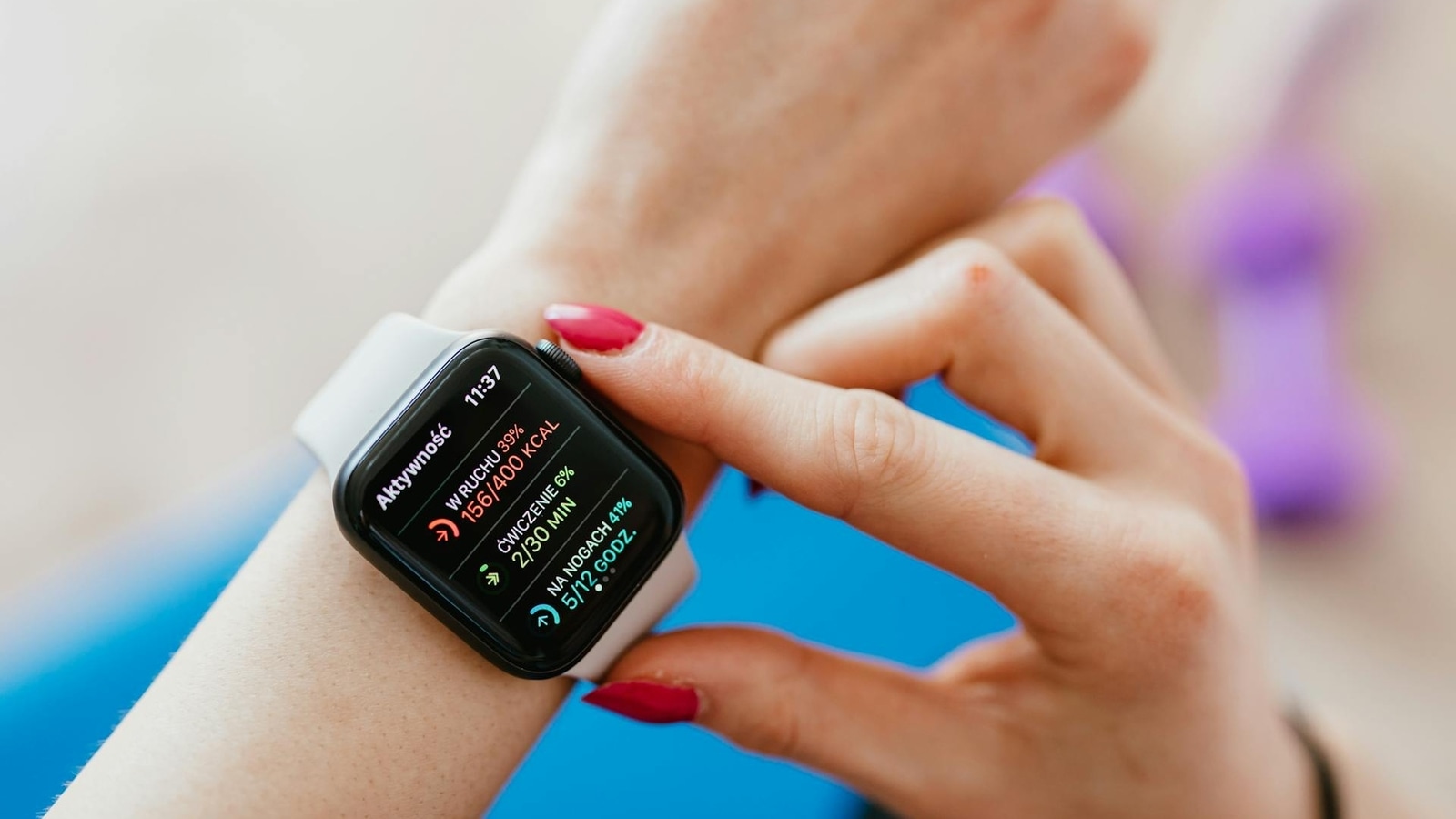An Apple Watch has once again proven its significance in the realm of preventive health care, this time aiding a woman in New Zealand to detect a life-threatening condition. The wearable device, known for alerting users to various health issues, played a crucial role in Amanda Faulkner’s battle against a rare blood cancer.
Faulkner, a consultant psychiatrist based in Napier, New Zealand, upgraded to the Apple Watch Series 10 last year, after using her husband’s older model for years. The new Series 10 introduced a feature called the Vitals app, which tracks essential health metrics such as heart rate, respiratory rate, body temperature, blood oxygen levels, and sleep. The app then generates a report each morning, highlighting any abnormalities detected overnight.
B0DGJ6MH27-1
Also read: Apple to add cameras in future Apple watches with AI features and advanced capabilities: Report
Heart Rate Alerts Spark Concern
Over the course of several weeks, Faulkner received numerous alerts from her Apple Watch indicating that her resting heart rate had significantly increased from a normal rate of around 55 beats per minute to the 90s. Initially, she dismissed the alerts, attributing them to a potential fault with the device. However, as the alerts persisted, she decided to take her health seriously and consulted her doctor, sharing the data from her watch, The New Zealand Herald reported.
Also read: Apple AirPods with cameras under works, to offer enhanced AI features and spatial audio
Early Diagnosis Leads to Urgent Treatment
Her general practitioner immediately referred her to the emergency department, where tests revealed she had Acute Myeloid leukaemia, a rare form of blood cancer. Doctors told Faulkner that had she waited even a few days longer, her condition might have worsened to the point where treatment would have been too late.
On January 9, Faulkner was transferred to Palmerston North Hospital for further treatment. Though she has been undergoing chemotherapy, her battle is far from over. She is scheduled for a stem cell transplant in July, which will replace her bone marrow with that of a donor. The procedure carries significant risks, with a 20 percent chance of mortality.
Also read: Prowatch X review: Budget-friendly option from Lava for everyday fitness tracking
Apple Watch Data Makes a Life-Saving Difference
Faulkner credits her Apple Watch with alerting her to the issue before it became life-threatening. “If it wasn’t for my smartwatch constantly reminding me, I wouldn’t have known something was wrong,” she said. Her husband, Mike Faulkner, echoed this sentiment, noting that the Apple Watch made a significant difference in increasing her chances of survival.





